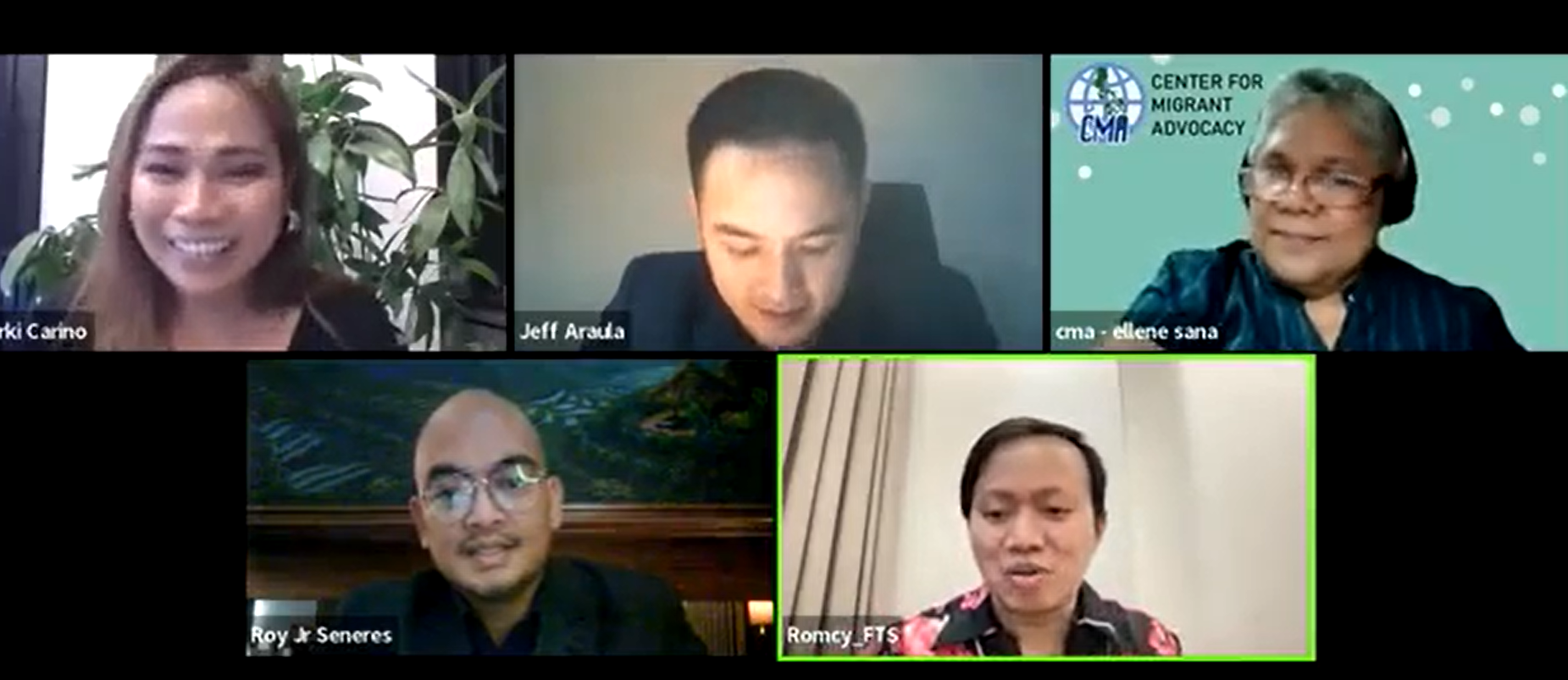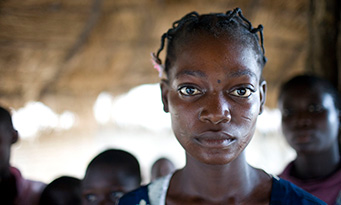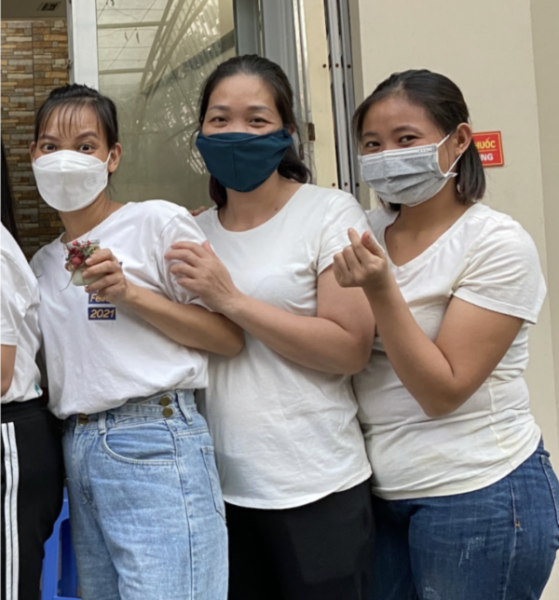The holiday of Passover has a foundational premise, based in biblical narrative and law: those who suffer enslavement have a unique insight and responsibility to help the vulnerable. As Exodus 23:9 declares: “Do not oppress the stranger, for you know the soul of a stranger, having been strangers in the land of Egypt.”
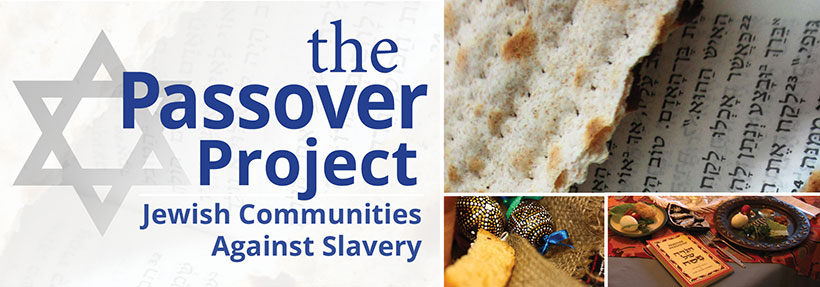
To honor the experience and leadership of former slaves, the Passover Project will dedicate all funds raised during the 2019 campaign to ending child slavery in Haiti through the Survivors of Restavèk Network.
Haitian parents are no different from parents elsewhere. They love their children and want them to grow up at home. Still, each year tens of thousands of impoverished rural Haitian parents send their children away to live with families in distant cities. They do so in the hope that their children will be sent to school in return for light housekeeping chores. In reality, many end up in homes where they are subjected to exploitation, including rape, abuse, neglect, and denial of basic needs like medical care and education. One in eight Haitian children is trapped in domestic slavery, known in Haitian Creole as restavèk. Most are girls.
No other group speaks with greater authenticity and moral authority to end restavèk slavery than survivors. They spread the word in rural villages about what happens to children sent to the city. They educate city residents that exploiting rural children is wrong. The Survivors of Restavèk Network operates on a person-to-person level to create systemic change.
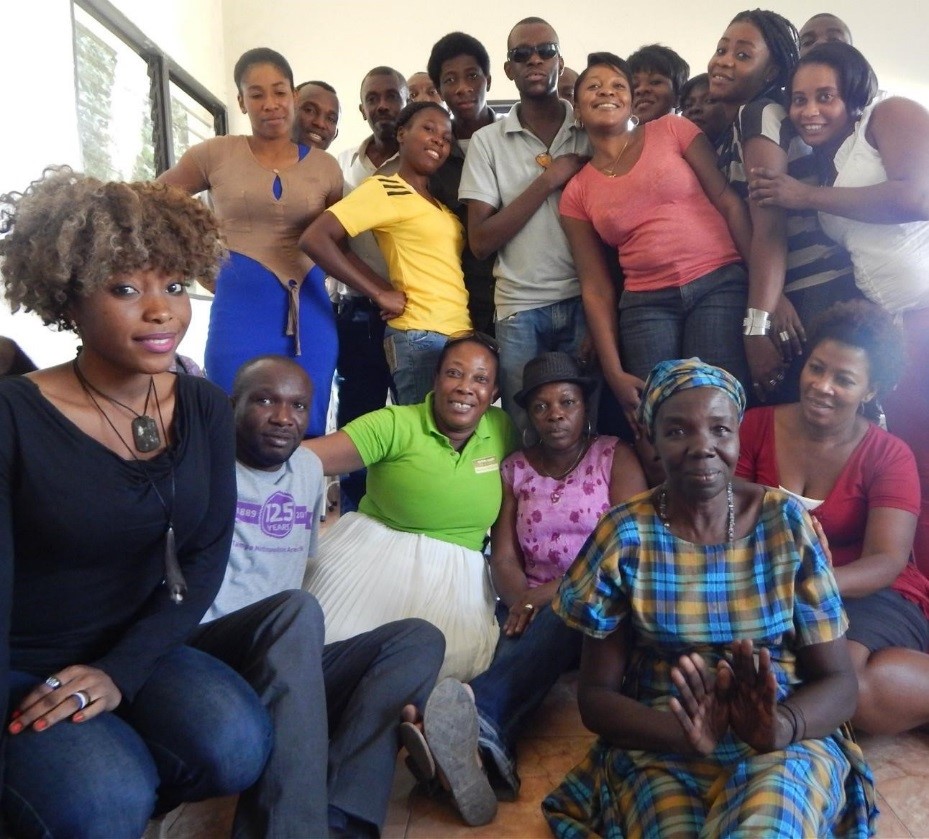
Although there is political unrest these days in Haiti, the activists of The Survivor Network continue their work. Children in slavery can’t wait. The network not only helps liberate children, it provides long-needed healing for the survivors-turned-activists.
Personal Stories of Survivors Freeing Others
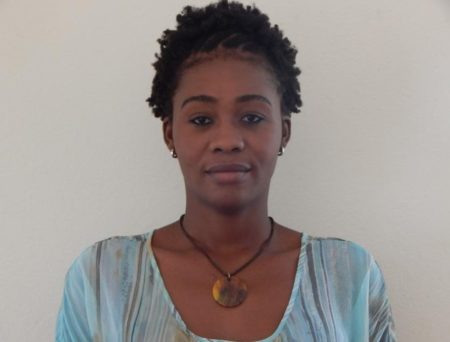
“The moment I arrived [at my first survivors’ network meeting], I knew that I belonged among them, and I immediately joined my neighborhood chapter. As a member, I’ve taken part in training on advocacy and how to use popular theatre techniques. I also took part in Child Rights Training, which helps us to better identify children who are living as household slaves or are suffering from abuse or neglect. We’ve identified a number of children in our community who are living in child domestic servitude, and we are committed to accompanying them so that they can be freed and returned to their families.” —Jisika Jean-Claude, Survivors of Restavèk Network member
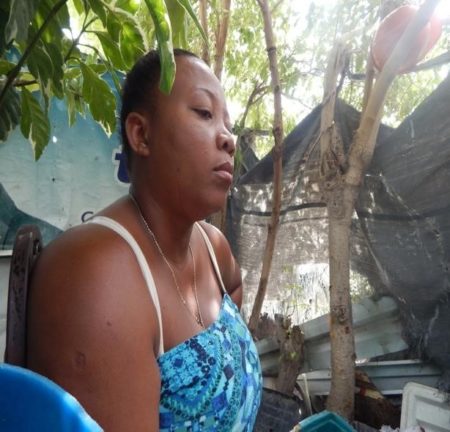
“I was sent to live with an aunt as a child, and the only time she treated us well was when my mother came to visit. Any other time she treated us like we weren’t human. The food she made for herself wasn’t what she fed us. We ate only when she wanted us to. She made us work night and day. Before I joined [the Survivors of Restavèk Network], I used to sit and ask myself, ‘Am I even a person?’ Now, thanks to the training I took part in, I see that I am a person just like everyone else. We do trainings in our neighborhood, we go door-to-door, we educate people about the rights of children, and we find afterwards that they aren’t the same people anymore. They are changed. We identified two children in our neighborhood who were living in domestic servitude, and we accompanied both of them to free them and return them home to their parents. I just hope this survivors’ network can grow and reach more people because there are so many children living in slavery.” — Kettia Cassis, Survivors of Restavèk Network member
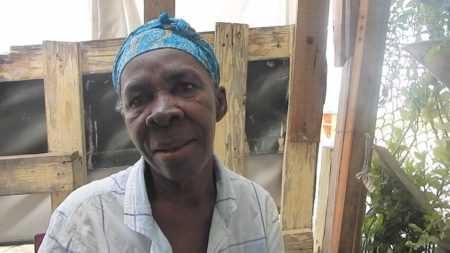
“Before I joined the survivors’ network and took part in the Child Rights Training, I thought it was just the way things were that some children, like me, were mistreated. I even thought it was normal, something I could do myself. It was only after the training that I learned all people are equal and that no one should ever be mistreated. We had a case where a young girl was sent to live with a woman, and the woman’s husband raped the girl. We took the girl from the house and we pooled our own money and paid for her to return to the countryside where her family lives. No matter whose child it is you have in your home: your sister’s child, your cousin’s child, anyone’s child, you should never mistreat them. And what I would urge even more is that parents simply do not send their child to live with someone else, because too often it leads to mistreatment.” – Jeanty Marlane, Survivors of Restavèk Network member
2019 Project Goals
The Survivors of Restavèk Network is a project of Free the Slaves and Beyond Borders, who have teamed together to create the United to End Child Slavery program in Haiti. Our goal in 2019 is to impact the lives of more than 10,000 children through a network of 700 adult survivors,
Two Ways You Can Help
- Please contribute to the 2019 Passover Project Campaign: https://freetheslaves.net/donate-judaism/
- Please share news of our 2019 Passover Project Campaign: https://freetheslaves.net/Judaism
Working together, we will eradicate slavery in our lifetimes.

Rabbi Debra Orenstein is the co-founder of the Passover Project, the spiritual leader of Congregation B’nai Israel in Emerson, NJ, and an instructor for the Academy for Jewish Religion in Yonkers, NY.

